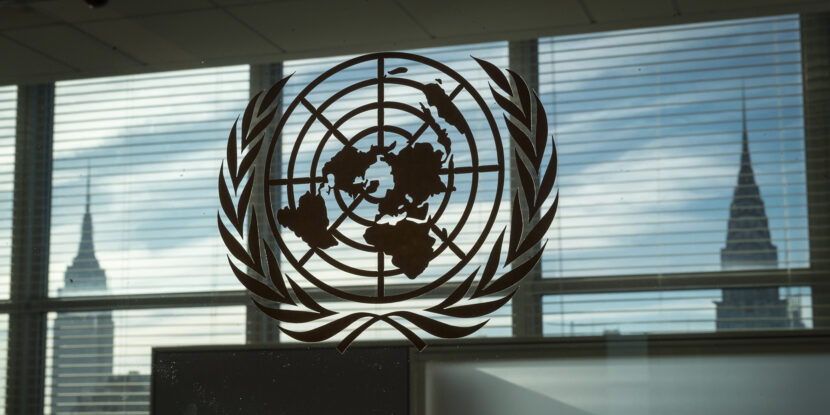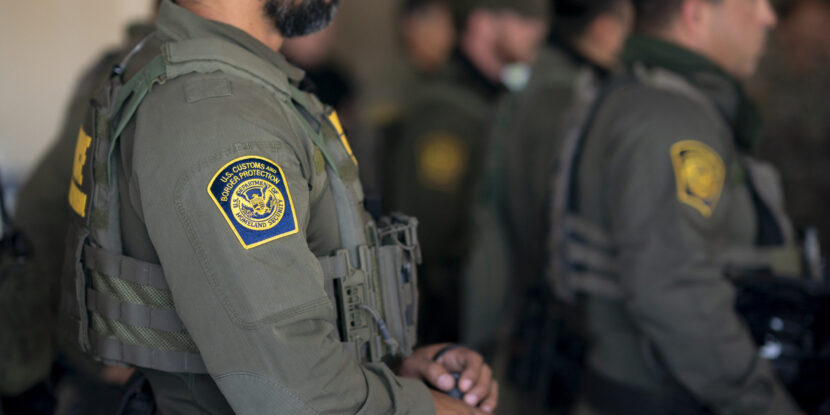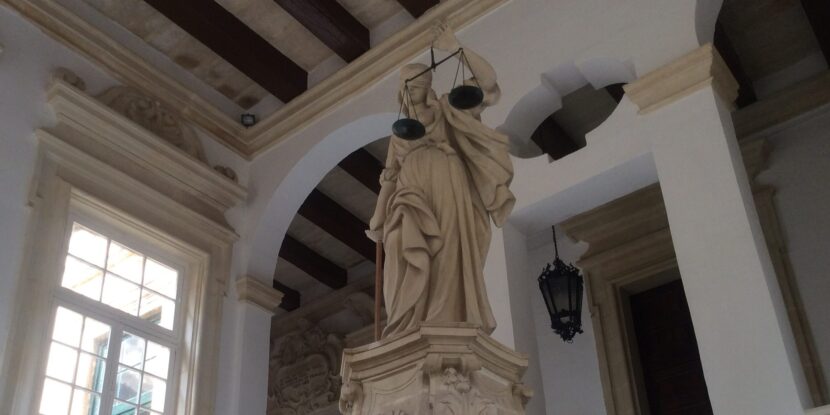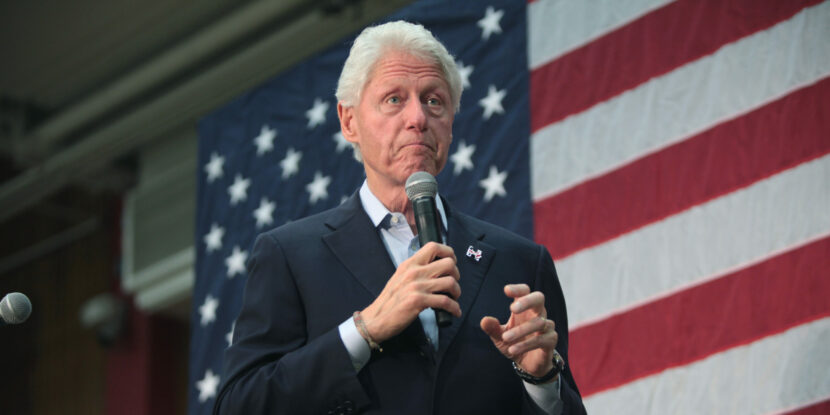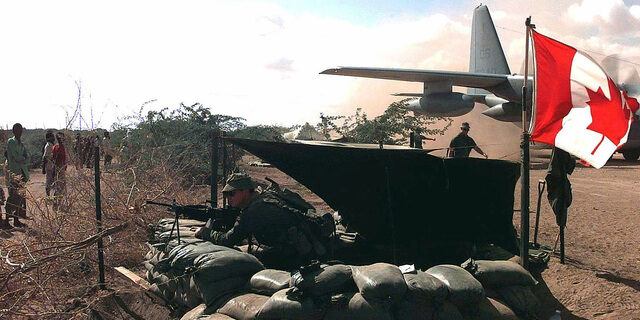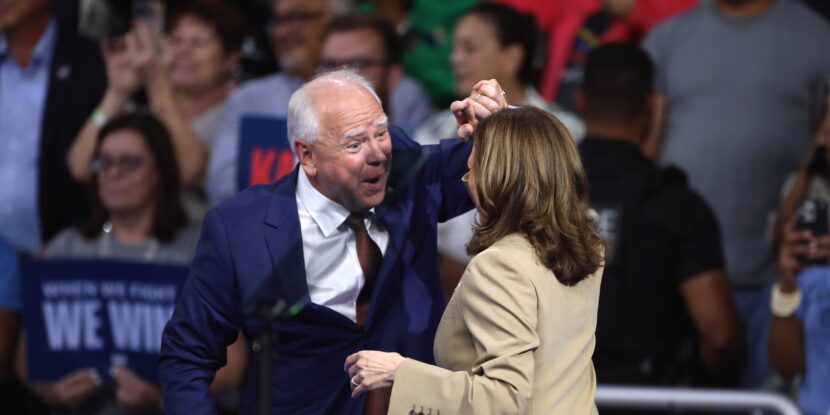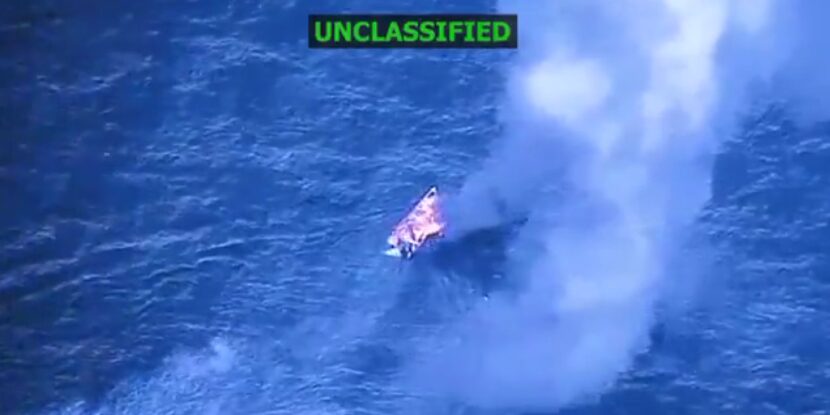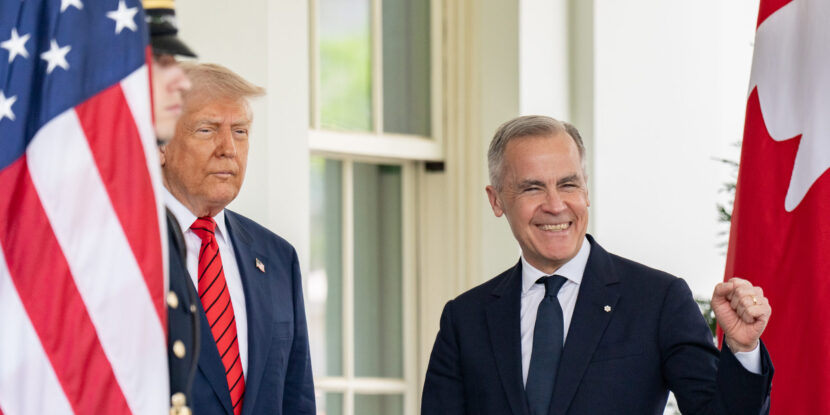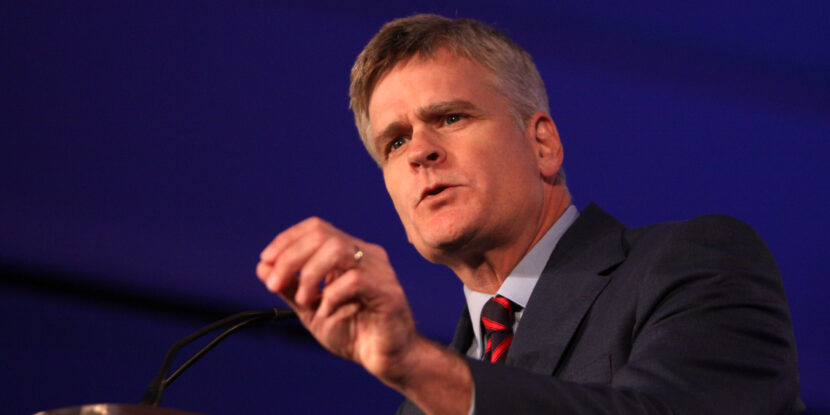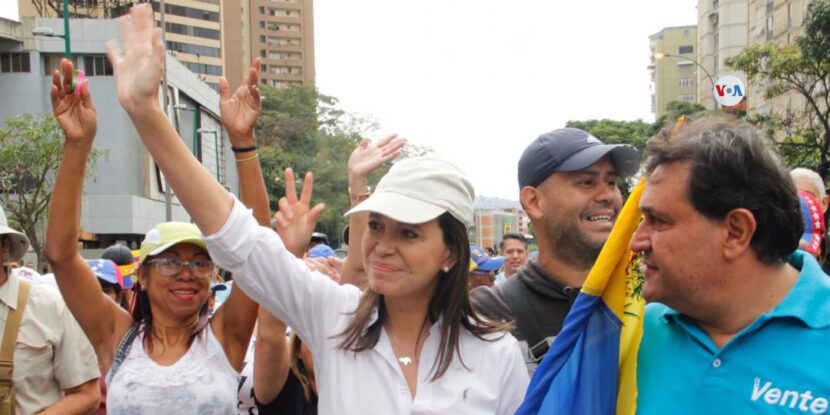❓WHAT HAPPENED The U.S. Secret Service (USSS) dismantled a covert telecom network in New York that could have disrupted cell connectivity and 911 calls during the 80th United Nations General Assembly (UNGA).
👤WHO WAS INVOLVED: U.S. Secret Service officials, including Matt McCool, head of the New York field office, and agency director Sean Curran.
📍WHEN & WHERE: September 2025, in New York, within 35 miles of the United Nations (UN) headquarters in Manhattan.
💬KEY QUOTE: “It can’t be understated what this system is capable of doing… It can take down cell towers. You can’t text message, you can’t use your cell phone. And if you coupled that with some sort of other event associated with UNGA … it could be catastrophic to the city.” – Matt McCool
🎯IMPACT: The bust prevented potential chaos during a high-security event, but similar networks may still pose threats elsewhere.
U.S. Secret Service (USSS) officials announced the dismantling of a sprawling, covert telecom network in New York that investigators warned could have plunged the city into chaos during the 80th UN General Assembly, as foreign leaders gathered in Manhattan.
On Tuesday, officials revealed they had seized over 300 SIM servers containing more than 100,000 SIM cards across sites within 35 miles of the United Nations headquarters. The network was capable of jamming 911 calls, collapsing cell connectivity, and flooding networks during one of the city’s most security-sensitive weeks, according to agents.
“It can’t be understated what this system is capable of doing… It can take down cell towers. You can’t text message, you can’t use your cell phone,” Matt McCool, head of the New York field office, said, adding: “And if you coupled that with some sort of other event associated with UNGA … it could be catastrophic to the city.”
While no specific plot targeting the General Assembly was uncovered, forensic analysis suggests the network may have been used to mask communications with cartels and terror groups. However, additional speculation has tied the devices to China—suggesting they could have been intended for disrupting anti-Chinese Communist Party (CCP) activists or for an unknown espionage purpose.
“The U.S. Secret Service’s protective mission is all about prevention,” said agency director Sean Curran, who cautioned that similar networks may still be operating elsewhere.
Join Pulse+ to comment below, and receive exclusive e-mail analyses.
